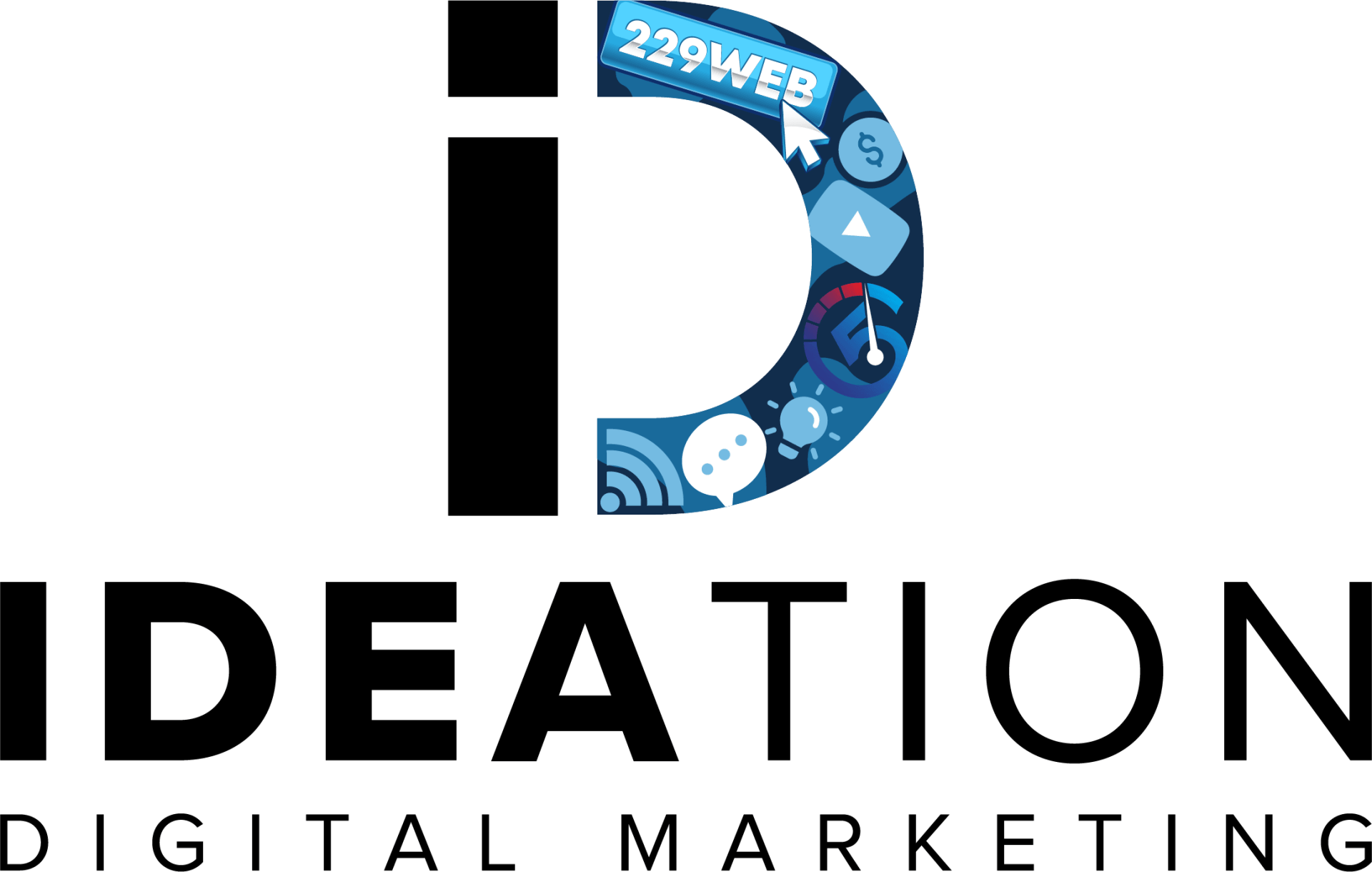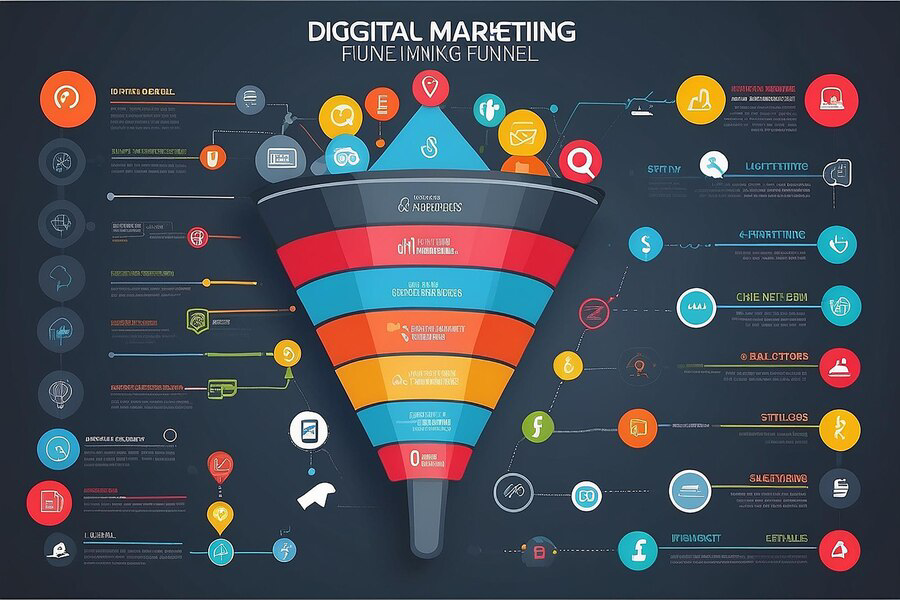222 Capitol Street, Suite 522
Charleston, WV 25301

Personalization Techniques in Digital Marketing Campaigns
In the ever-evolving landscape of digital marketing, personalization techniques have emerged as a game-changer for businesses striving to connect meaningfully with their audiences. Today, more than ever, customers expect tailored experiences that resonate with their interests and preferences. This demand has spurred the adoption of sophisticated personalization strategies across various digital platforms. Personalization in digital marketing encompasses a spectrum of approaches, from targeted email campaigns and dynamic website content to personalized recommendations based on user behavior. By leveraging data analytics and AI-driven insights, marketers can craft highly relevant messages and offers, fostering stronger customer relationships and enhancing conversion rates. As businesses delve deeper into understanding consumer behavior and preferences, the role of personalization techniques continues to expand, shaping the future of digital marketing strategies. This blog explores the pivotal role of personalization in today's marketing landscape, highlighting effective strategies and their impact on customer engagement and business growth.
Understanding Personalization in Digital Marketing
Personalization is no longer just a buzzword in digital marketing; it has become a fundamental strategy for brands looking to engage their audiences on a deeper level. In essence, personalization involves tailoring marketing efforts to meet the individual needs and preferences of each customer or prospect. This approach not only enhances customer experience but also increases engagement, conversion rates, and ultimately, revenue.
Importance of Personalization
Personalization is crucial because it allows brands to move beyond generic marketing messages and deliver content that is relevant and valuable to each customer. By understanding customer preferences, behaviors, and demographics, marketers can create targeted campaigns that resonate with their audience on a personal level. This not only improves the likelihood of conversion but also strengthens brand loyalty and advocacy.
Evolution of Personalization Techniques
Over the years, personalization techniques have evolved from basic segmentation to sophisticated algorithms powered by artificial intelligence and machine learning. Initially, marketers relied on demographic data to segment their audience into broad categories. Today, advancements in technology have enabled real-time personalization, where content and offers are dynamically adjusted based on a user's recent interactions, browsing history, and even real-time location.
Benefits of Personalization in Digital Marketing
The benefits of personalization are manifold. Firstly, it enhances customer experience by reducing irrelevant content and promotions, thereby improving satisfaction and loyalty. Secondly, personalized marketing campaigns tend to have higher engagement rates and lower bounce rates, indicating that customers are more likely to interact with content that speaks directly to their interests and needs. Lastly, personalization can lead to increased sales and revenue as customers are more inclined to purchase products or services that are recommended based on their preferences.
Psychological Aspects of Personalization
Understanding the psychological principles behind personalization can further enhance its effectiveness. For instance, personalizing content can trigger the reciprocity principle, where customers feel more inclined to reciprocate the effort made by the brand to understand their preferences. Moreover, personalization taps into the concept of social proof, where customers are more likely to trust recommendations and endorsements that are tailored to their individual tastes.
Challenges in Implementing Personalization
While personalization offers significant advantages, it also comes with its challenges. One major hurdle is the ethical use of data and privacy concerns. Marketers must ensure that they collect and utilize customer data responsibly and transparently, respecting privacy regulations such as GDPR. Additionally, implementing sophisticated personalization algorithms requires robust technology infrastructure and expertise, which can be costly and time-consuming for some organizations.

Segmentation Strategies for Targeted Campaigns
Segmentation is the process of dividing a broad target audience into smaller, more manageable groups based on shared characteristics or behaviors. By segmenting your audience effectively, you can create targeted marketing campaigns that resonate more deeply with each segment, increasing engagement and conversion rates.
Importance of Audience Segmentation
Audience segmentation is crucial because it allows marketers to tailor their messages and offerings to specific groups within their target market. Rather than adopting a one-size-fits-all approach, segmentation enables personalized communication that addresses the unique needs, preferences, and behaviors of different customer segments. This not only enhances the relevance of marketing efforts but also improves overall campaign effectiveness and ROI.
Types of Segmentation Variables
There are various variables that marketers can use to segment their audience: Demographic Segmentation: Dividing the audience based on age, gender, income, education, occupation, etc. Psychographic Segmentation: Segmenting based on lifestyle, values, attitudes, interests, and personality traits. Behavioral Segmentation: Dividing based on purchasing behavior, usage patterns, brand interactions, loyalty status, etc. Geographic Segmentation: Segmenting by location, such as country, region, city, climate, etc. Using a combination of these variables allows marketers to create detailed audience profiles that guide personalized marketing strategies.
Creating Audience Personas
Audience personas are fictional representations of your ideal customers within each segment. They are based on market research and real data about your existing customers. Persona creation involves identifying demographic details, motivations, pain points, preferred communication channels, and buying behaviors. This helps marketers visualize and understand the needs and behaviors of each segment, making it easier to tailor messages and campaigns accordingly.
Data-Driven Segmentation Techniques
Effective segmentation relies heavily on data analysis. Marketers can utilize various data sources, including customer relationship management (CRM) systems, website analytics, social media insights, and third-party data providers. By analyzing this data, marketers can uncover patterns and trends within their audience, identifying commonalities and differences that facilitate segmentation.
Behavioral Segmentation Based on User Interactions
Behavioral segmentation focuses on how customers interact with your brand. By tracking user behavior on your website, mobile app, or social media platforms, you can identify distinct groups based on their browsing habits, purchase history, content consumption patterns, and engagement levels. This real-time behavioral data enables marketers to deliver personalized experiences and targeted messages that align with each user's stage in the buyer's journey.
Measuring the Effectiveness of Personalization
Measuring the effectiveness of personalization in digital marketing is crucial for understanding its impact on engagement, conversion rates, and overall ROI. Here are some key points to consider:
- Key Metrics: Track metrics such as click-through rates, conversion rates, average order value, and customer lifetime value specific to personalized versus non-personalized campaigns.
- A/B Testing: Conduct A/B tests to compare the performance of personalized content and recommendations against generic approaches, identifying what resonates best with your audience.
- Customer Feedback: Gather qualitative data through surveys, interviews, or feedback forms to gauge customer satisfaction with personalized experiences and identify areas for improvement.
- Personalization Engines: Use analytics provided by personalization platforms to measure the effectiveness of algorithms in predicting and delivering personalized content.
Conclusion
Personalization techniques are transforming the landscape of digital marketing, offering businesses like Ideation Digital Marketing in Charleston, WV, unprecedented opportunities to engage with their audience on a deeper level. By tailoring content, recommendations, and communications based on individual preferences and behaviors, businesses can enhance customer satisfaction, loyalty, and ultimately, drive higher conversion rates. The use of data-driven insights and advanced analytics allows for more precise targeting, ensuring that every interaction with the customer feels relevant and meaningful.
At Ideation Digital Marketing, we specialize in leveraging these personalization techniques to help businesses across Charleston and beyond achieve their marketing goals. Whether through personalized email campaigns, targeted social media advertising, or dynamic website content, we are dedicated to delivering results that matter. Contact us today at (304) 814-2445 to discover how our personalized approach can elevate your digital marketing efforts and connect you more effectively with your target audience. Let’s collaborate to create personalized experiences that resonate and drive your business forward in the digital age.

Main Office
222 Capitol Street, Suite 522
Charleston, WV 25301
other offices
48 1/2 Second Ave, Williamson, WV 25661
20 Clinch Mountain Ave, Lebanon, VA 24266,
Contact
DIGITAL MARKETING SERVICES
All Rights Reserved | Ideation Digital
Private Policy
All Rights Reserved | Ideation Digital











